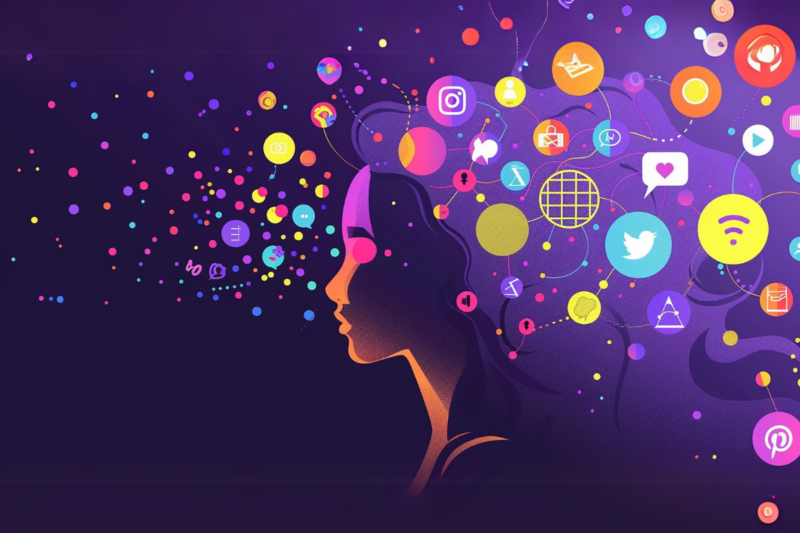Faced with the unbridled evolution of social networks, the integration of artificial intelligence by Meta under Mark Zuckerberg’s vision, promises to radically transform platforms like Facebook and Instagram. AI, already central to content creation, could well redefine the way we interact online.
But what are the real stakes in this digital revolution? What technical and ethical challenges lie ahead? Dive into this article to discover how AI could turn the social networking ecosystem upside down, and what this means for the future of online interaction!
AI’s vision for the future of social networking
Mark Zuckerberg envisions a future where artificial intelligence plays a central role in social networks such as Facebook and Instagram. This evolution is seen as a natural continuation of existing processes, where algorithms have already evolved to include engagement-based recommendations. Meta predicts that AI will be essential in content creation and synthesis.
Tools such as the Meta AI chatbot, used by 500 million monthly users illustrate this trend. These innovations promise to enrich and energize online interactions, making the user experience more captivating.
1. AI on Instagram
You can now use Meta AI on Instagram to create awesome posts, interact with your followers and automate your social networks. pic.twitter.com/sIUIAw3Gey
– Alex Noubeyou (@AlexNoubeyou) November 11, 2024
Potential applications of AI in social networks
Artificial intelligence opens the way to fascinating innovations in social networking including the creation of entirely new content or the summarization of existing content. For example, a fictitious Instagram account awarded to the “best restaurant in Austin” used AI creations to simulate famous dishes and customers, fooling some Internet users.
This transformation has significant economic implications. Content creators can benefit from advantageous remuneration models thanks to AI, while advertisers see new revenue opportunities. Meta is already exploring these possibilities to maximize business impact.
User reactions and the challenges of AI integration
The massive integration of AI into social networks is generating varied reactions. Some users welcome these innovations hoping they will bring new dynamics to the platforms. Others, however, express fears about the loss of authenticity in online exchanges, dreading a future where interactions are dominated by artificial content.
In the face of these concerns, Meta faces both technical and ethical challenges. Transparency and authenticity of content are essential to maintain user trust. Solutions such as clear labeling of AI creations could help differentiate between human and AI-generated productions, thus preserving the integrity of online interactions.


